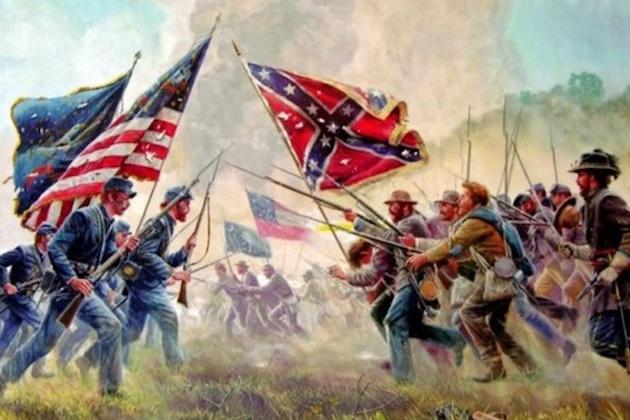To accompany your Come Follow Me study for August 4-10
In addition to reading these sections you may want to read:
- Chapter 32: Doctrine and Covenants 85–87 (churchofjesuschrist.org)
- Joseph Smith’s Revelations, Doctrine and Covenants 85 (churchofjesuschrist.org)
- Joseph Smith’s Revelations, Doctrine and Covenants 86 (churchofjesuschrist.org)
- Joseph Smith’s Revelations, Doctrine and Covenants 87 (churchofjesuschrist.org)
- “Peace and War, Revelatons in Context, 158-64 at https://www.churchofjesuschrist.org/study/manual/revelations-in-context/peace-and-war?lang=eng
You would probably also enjoy the following video:
If you would like a Kahoot game related to these sections which you could use with your family or your class, click here: https://create.kahoot.it/share/doctrine-and-covenants-85-87/5aa1148d-945b-4c7f-b22f-410a3b7c706f. To use it with a group, after clicking on this link, you will need to log into Kahoot, creating a free account if you have not done so previously, then click on the blue “Host Live” button or the gray “Assign” button, depending on how you wish to use the Kahoot. Some of the Kahoot questions may presuppose that the player has read through the suggested answers to the following Points to Ponder and at least has browsed the Institute student manual as well.
Points to Ponder in Doctrine and Covenants 85-87
1. What do you consider the most important reasons that not only “the Lord’s clerk” but each of us should keep “a history” of our “manner of life, faith, and works”? (85:1-2)

2. What implications do you see in the fact that the Holy Ghost speaks to us in a “still small voice”? (85:6)

3. What do we know about the “one mighty and strong” that was to “set in order the house of God”?

4. What does it mean to attempt to “steady the ark of God”? Is it a good thing or bad thing? Why? (85:8)
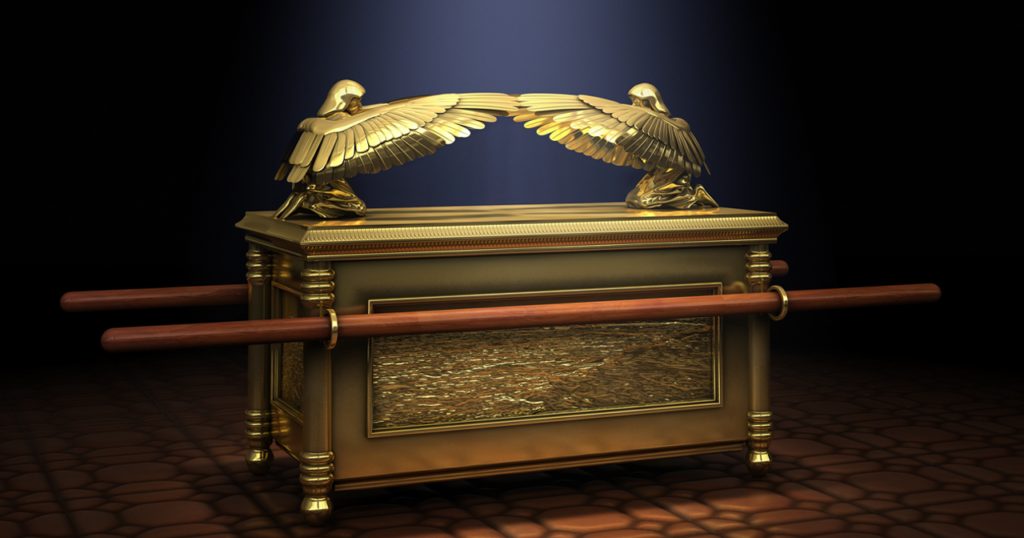
5. What significance do you see in the differences between the way the Lord tells the Parable of the Wheat and the Tares in D&C 86 and the way He is recorded as having told it in Matthew 13?
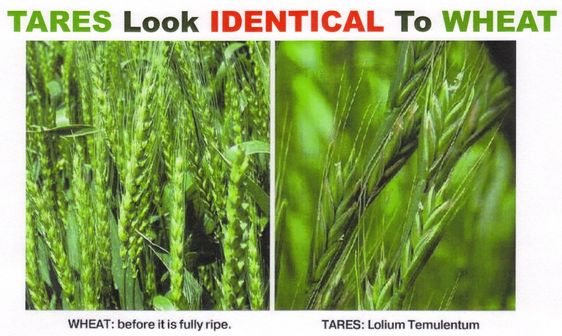
6. What do you find most remarkable about the prophecy concerning the Civil War as found in D&C 87?
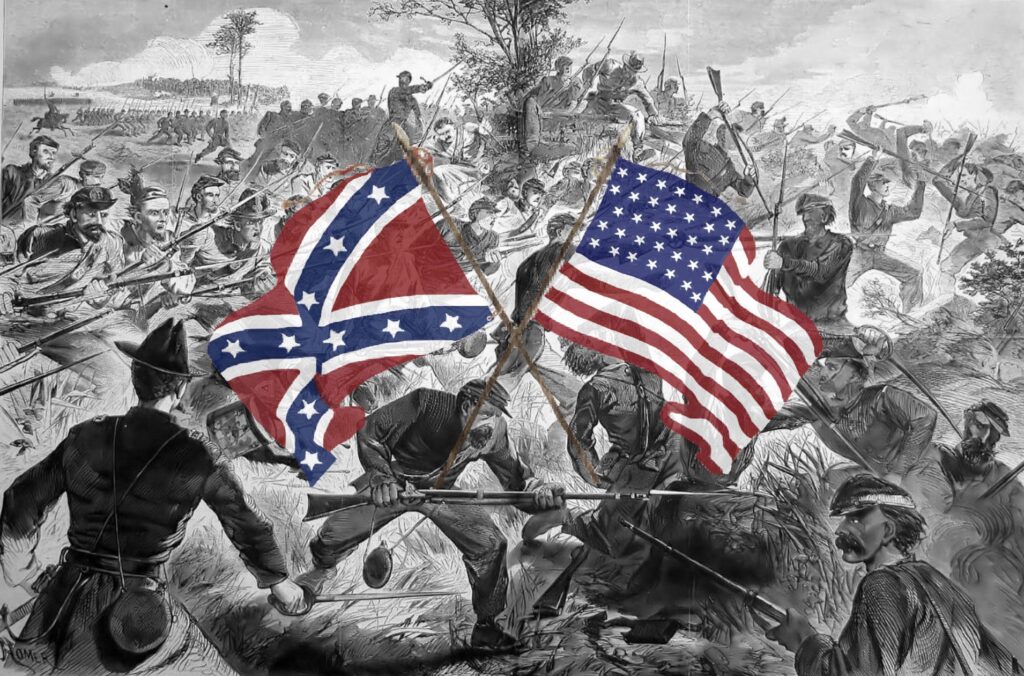
7. How can “the consumption decreed make a full end of all nations”? (87:6) Does that mean everyone on earth will be killed? Aren’t the righteous supposed to be protected?
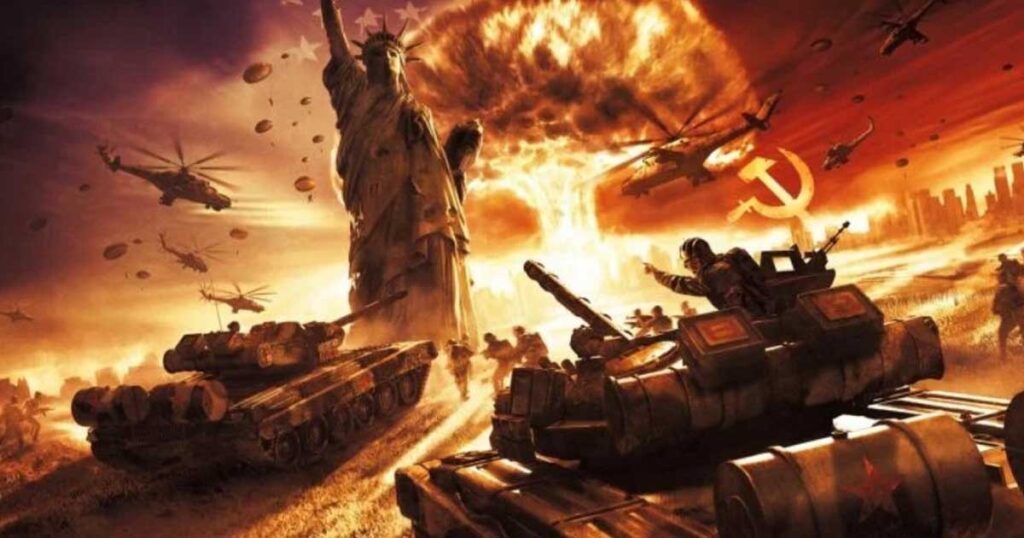
8. Will the United States also cease to exist as a nation prior to the Second Coming? Didn’t Joseph Smith say something about the elders of Israel stepping forth and saving the U.S. Constitution at a critical time? [87:6]
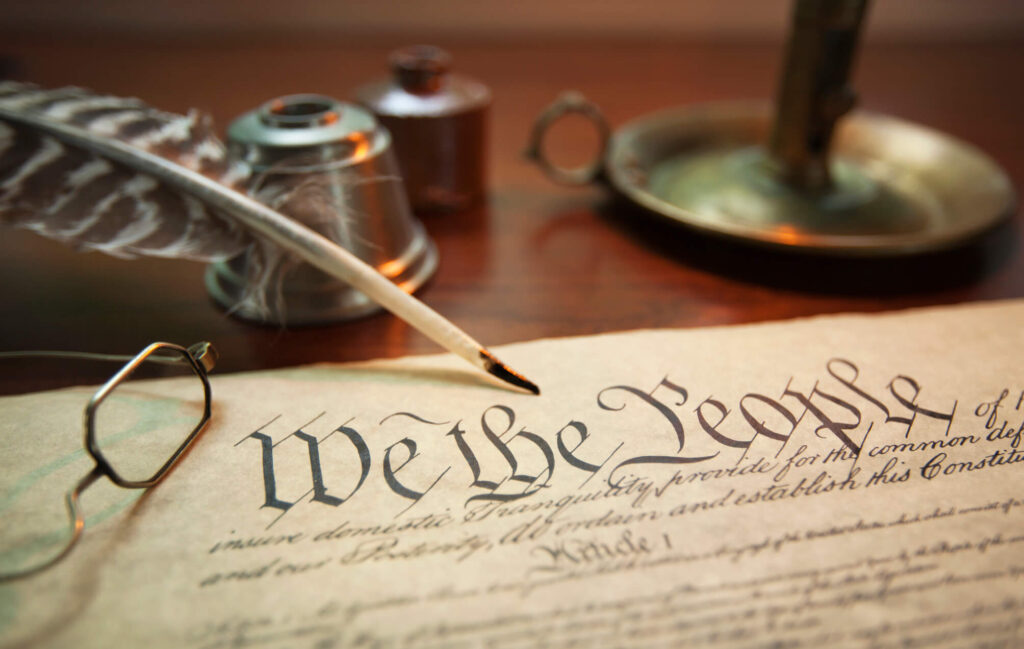
Possible answers to Points to Ponder in Doctrine and Covenants 85-87
1. What do you consider the most important reasons that not only “the Lord’s clerk” but each of us should keep “a history” of our “manner of life, faith, and works”? (85:1-2)
Reasons could include:
- To preserve temporal information that we may find useful in the future—dates of vaccines, contact information for repairmen, etc.
- To preserve spiritual experiences which can
- Fortify ourselves in times of doubt or discouragement
- Fortify our posterity who come after us
See my article entitled “The Most Exciting Scripture Your Grandkids Ever Read May Be that which You Write,” at https://latterdaysaintandhappy.com/most-exciting-scripture-that-which-you-write/
2. What implications do you see in the fact that the Holy Ghost speaks to us in a “still small voice”? (85:6)
It would suggest that to hear it at all we must strive to block out competing messages—the noise of the world, the cares of the day, and other distractions and that we must learn to recognize the voice of the Spirit.
3. What do we know about the “one mighty and strong” that was to “set in order the house of God”?
A 1905 message on this subject from the First Presidency explained:
It is to be observed first of all that the subject of this whole letter, as also the part of it subsequently accepted as a revelation, relates to the affairs of the Church in Missouri, the gathering of the Saints to that land and obtaining their inheritances under the law of consecration and stewardship; and the Prophet [Joseph Smith] deals especially with the matter of what is to become of those who fail to receive their inheritances by order or deed from the bishop. …
It was while these conditions of rebellion, jealousy, pride, unbelief and hardness of heart prevailed among the brethren in Zion—Jackson county, Missouri—in all of which Bishop Partridge participated, that the words of the revelation taken from the letter to William W. Phelps, of the 27th of November, 1832, were written. The “man who was called and appointed of God” to “divide unto the Saints their inheritance”—Edward Partridge—was at that time out of order, neglecting his own duty, and putting “forth his hand to steady the ark”; hence, he was warned of the judgment of God impending, and the prediction was made that another, “one mighty and strong,” would be sent of God to take his place, to have his bishopric—one having the spirit and power of that high office resting upon him, by which he would have power to “set in order the house of God, and arrange by lot the inheritance of the Saints”; in other words, one who would do the work that Bishop Edward Partridge had been appointed to do, but had failed to accomplish. …
And inasmuch as through his repentance and sacrifices and suffering, Bishop Edward Partridge undoubtedly obtained a mitigation of the threatened judgment against him of falling “by the shaft of death, like as a tree that is smitten by the vivid shaft of lightning,” so the occasion for sending another to fill his station—”one mighty and strong to set in order the house of God, and to arrange by lot the inheritances of the Saints”—may also be considered as having passed away and the whole incident of the prophecy closed.
4. What does it mean to attempt to “steady the ark of God”? Is it a good thing or bad thing? Why? (85:8)
The ark of the covenant was a gold-covered wooden chest which contained the tablets of the Ten Commandments and other sacred artifacts in ancient Israel. None but those authorized were permitted to approach it or touch it. But in 2 Samuel 6:1-7 we read about a fellow named Uzzah who was smitten by the Lord for attempting to keep the ark from falling off the cart on which it was being transported. We don’t know if Uzzah simply didn’t understand, had a reflex reaction, or cunningly thought this was his chance to touch the sacred ark and get away with it on the pretext that he was just trying to help. Capital punishment may seem an extreme penalty, but at least Uzzah never tried it again! Nor, so far as is recorded, did any other Israelite.
The phrase “steady the ark” has become synonymous with trying to correct a perceived problem for which one has no authority or responsibility to intervene. Too many members have felt it their place to try to correct bishops, stake presidents, or even Presidents of the Church. It is always out of place. That is not to say that one cannot raise legitimate questions or make helpful suggestions. But it is quite another thing to assume authority and responsibility to take matters into our own hands when those in authority do not do as we think they should. It is quite one thing to see a problem which needs correcting and a totally different thing to be responsible for correcting it.
5. What significance do you see in the differences between the way the Lord tells the Parable of the Wheat and the Tares in D&C 86 and the way He is recorded as having told it in Matthew 13?
In the Biblical version, the tares are gathered first and are burnt before the wheat is gathered into the barns. In D&C 86, it is reversed. First the wheat is gathered, once both wheat and tares are fully ripe. Then the tares are burned. This order makes much more sense. Tramping around in a wheat field, trying to gather out the tares first, would likely do great damage to the wheat. But if it can be gathered first, then whatever is left can safely be set on fire.
The message seems to be that the saints would need to be safely gathered to Zion before the Lord would unleash destruction upon the wicked, lest the righteous be destroyed along with the wicked. It may also suggest that premature efforts to weed the wheat field could harm the seedling wheat plants, just as insistence on full tithepaying or word of wisdom observance as a condition for church membership could cut off weak, not rebellious members, for whom there is still much hope.
6. What do you find most remarkable about the prophecy concerning the Civil War as found in D&C 87?
Your choice. Perhaps how far in advance of the war it was given, or where it would begin, or the involvement of Great Britain, etc.
7. How can “the consumption decreed make a full end of all nations”? (87:6) Does that mean everyone on earth will be killed? Aren’t the righteous supposed to be protected?
The revelation says that all nations, as we know them, will come to an end. The only remaining government will be the Kingdom of God. But it doesn’t say there will be a “full end of all people.” Certainly, the city of Zion will be a place of refuge and safety for those therein. And most people, both good and bad, are very likely to survive until the Savior comes again and destroys the wicked at that time.
8. Will the United States also cease to exist as a nation prior to the Second Coming? Didn’t Joseph Smith say something about the elders of Israel stepping forth and saving the U.S. Constitution at a critical time? [87:6]
D&C 87 doesn’t seem to make any exceptions. At the time of the Second Coming, if not before, it appears that all earthly governments as such will come to an end, and finally He will reign whose right it is to reign. But prior to that time, it does appear that Joseph Smith foretold that Church members would have a role in preserving the U.S. Constitution (temporarily) when it would be imperiled. See D. Michael Stewart’s article entitled “What do we know about the purported statement of Joseph Smith that the Constitution would hang by a thread and that the elders would save it?” at https://www.churchofjesuschrist.org/study/ensign/1976/06/i-have-a-question/did-joseph-smith-say-that-the-constitution-would-hang-by-a-thread-and-that-the-elders-would-save-it?lang=eng
